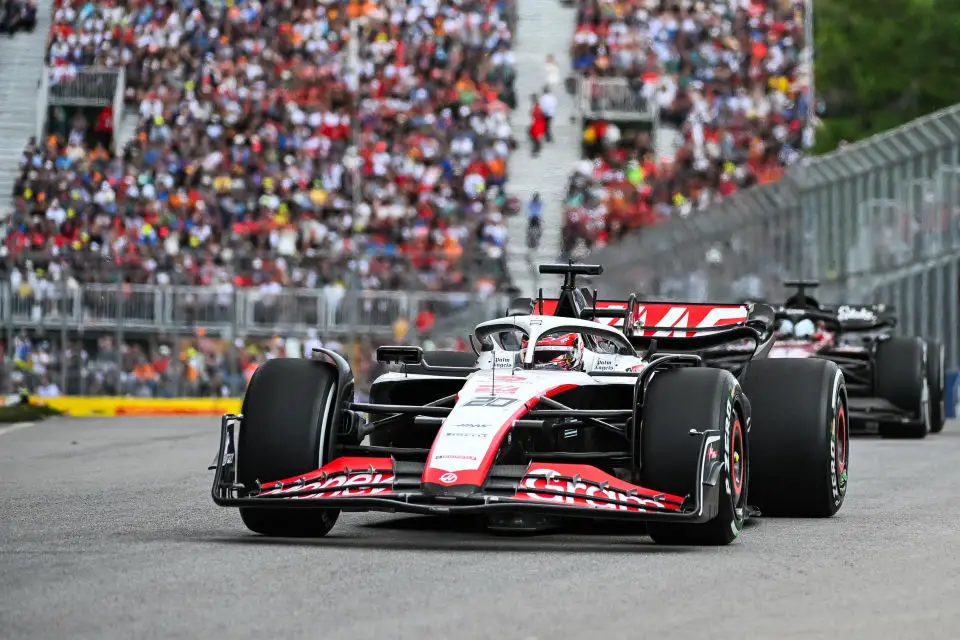Haas Performance Coach Sheds Light on Unique Challenges at Singapore GP
In a revealing insight, Haas’ Performance Coach Faith Atack-Martin detailed the struggles faced by teams at the Singapore Grand Prix, emphasizing the demanding nature of the humid climate and night race schedule. The Grand Prix, a highlight of the F1 season, presents unique challenges that require careful preparation and strategy.
Key Takeaways:
- Extreme Humidity Management: Faith Atack-Martin highlighted the importance of managing extreme humidity, which requires careful thermoregulation. Strategies include the use of iced towels, sweat bands, and air-conditioned break rooms. Additional methods like menthol mouthwash and cold sprays are employed to manipulate heat perception.
- Timezone Adjustment Strategies: Unlike typical races, the Singapore GP’s night schedule means the team’s working hours align closely with European times, reducing jet lag issues. Atack-Martin mentioned that the first day in Singapore is reserved for rest, with specific sleep times advised to avoid adapting to local time.
- Mental Health and Team Morale: Acknowledging the mental strain due to limited daylight, Atack-Martin discussed the importance of team morale. Activities such as football games or team meals are organized to maintain a positive team spirit and provide a break from the intense racing environment.

As the F1 circus heads to the iconic Marina Bay Circuit for the Singapore Grand Prix, discussions have revolved around which teams the track will favor, with Mercedes, Aston Martin, and Ferrari being the main focus. Yet, the rigorous behind-the-scenes preparation often goes unnoticed.
In the Haas Singapore GP Preview, Faith Atack-Martin, the team’s Performance Coach and Physiotherapist, shed light on the significant challenges faced by all teams. The humidity in Singapore not only affects physical performance but requires a comprehensive approach to ensure optimal team functioning. Atack-Martin stated, “The humidity poses an additional challenge and requires some careful management to ensure that the team members can regulate body temperature, stay hydrated and perform at their best.”
Addressing the unique aspect of the Singapore GP being a night race, Atack-Martin said, “There is an assumption that Singapore is a difficult race for jet lag due to the time difference to Europe, however, this is not the case for the race team.” She explained that the team’s working hours change insignificantly from European times, thus reducing jet lag issues but emphasized the importance of managing travel fatigue.
Mental health and team morale are also crucial components of Atack-Martin’s strategy. The limited daylight at the night race poses a risk to the team’s mood. She highlighted the importance of engaging the team in activities outside of the track to maintain a sense of perspective and camaraderie.
As teams and drivers gear up for this challenging race, which follows a week and a half after the Italian Grand Prix, the spotlight is not only on the drivers and their machines but also on the comprehensive strategies implemented by teams like Haas to combat the unique demands of the Singapore Grand Prix.




